Producers are getting jittery again. Large-scale shows look risky when a single infection can postpone an entire show. Hence Poirot and More in the West End. This is a conversation piece in which David Suchet talks about his career as Agatha Christie’s most celebrated nosy parker. Not much technical rehearsal is needed and Suchet relies on the support of a single performer, Geoffrey Wansell, who feeds him easy-peasy questions. Scrapping the production would hardly cost the earth.
The pair are old friends but they seem to be at war in the costume department. Suchet looks like a Blair clone in a dark blue blazer and a white, open-necked shirt. Wansell’s richer plumage stretches to a spotted bow tie and a pair of pink-rimmed John Birt spectacles. He looks like a country auctioneer who aspires to cable TV.
Suchet dominates. He’s surprisingly athletic with the squat broad frame of a coal miner or a scrum-half. Don’t cheek him. He’d flatten you. His hands are large, potato-digging paddles that he uses with amazing delicacy and expressiveness. He’s known to West End audiences as a terrific physical comedian but he’d probably be a great mime as well. His early years sound like a recital from a standard actor’s autobiography. He describes the moment of revelation when, as a thunderstruck adolescent, he pledged his life to a career on stage. (Thesps should go easy on these rhapsodic memories because they lend weight to the view that theatre is a religious derangement, like mountaineering or yoga, which can survive without public money.) His greatest triumph was to win the role of Poirot by convincing Christie’s heirs that he would never mock their sacred possession.
After the interval he does a karaoke routine. Macbeth’s ‘tomorrow and tomorrow’ soliloquy is followed by Salieri’s ‘squeeze-box’ speech from Amadeus by Peter Shaffer. Both performances look stagey without the context of a theatrical production. Perhaps he ought to take requests from the crowd. I bet he does a great Tommy Cooper. The show climaxes with a lengthy analysis of Poirot’s voice and its development. It began in his diaphragm and rose to his upper chest, then to his pharynx and finally to his head. The accent is basically French — high, pure and nasal, but with a Belgian flavour suggested by throaty Flemish and German notes. He makes Poirot sound like craft beer.
The 4th Country is set in Northern Ireland during the suspension of the Stormont Assembly. It opens in the office of a civil servant (played by Aoife Kennan) who wants to run the government without a lot of politicians getting in the way. An interesting start. Then the script collapses into a rehearsal exercise. The actors break character and try to rework the plot with the writer. When the action resumes, the setting has changed. The characters are different too. Very confusing. Kennan is now playing an English solicitor, Anna, who is covertly working for a British soldier accused of murder on Bloody Sunday. Anna’s boyfriend is related to a Bloody Sunday victim and when he learns the identity of Anna’s client he goes bananas and accuses her, absurdly, of endorsing murder. What a load of tripe. The trial hasn’t even started yet. And in any case a lawyer’s job is not to usurp the role of the jury but to plead the client’s innocence. This elementary stuff is taught in law schools and it’s strange that Anna doesn’t take her dim, narky boyfriend aside and explain to him that the justice system is based on the presumption of innocence.
The play then performs another handbrake turn and starts to examine Northern Ireland’s abortion laws. Two pregnant women meet at a bus stop. One complains that her bigoted family oppose her plan to kill her baby. ‘Every life is sacred,’ her parents preach, ‘now get out of our house.’ She repeats this cold, blank phrase as if it were a complete summary of the anti-abortion argument. The woman’s parents are not heard because they don’t feature as characters in the play. The second pregnant woman has been told that her unborn child is doomed but she must wait for it to die before its remains can be removed from her womb. This is a tough case but it doesn’t alter the fact that the weak deserve the protection of the powerful. And no one is weaker than a baby whose lungs have yet to draw their first breath.
There are several good plays in Kate Reid’s overcrowded script. What she needed was a decent script doctor, or perhaps Poirot, to make sense of it all.
Got something to add? Join the discussion and comment below.
Get 10 issues for just $10
Subscribe to The Spectator Australia today for the next 10 magazine issues, plus full online access, for just $10.
You might disagree with half of it, but you’ll enjoy reading all of it. Try your first month for free, then just $2 a week for the remainder of your first year.

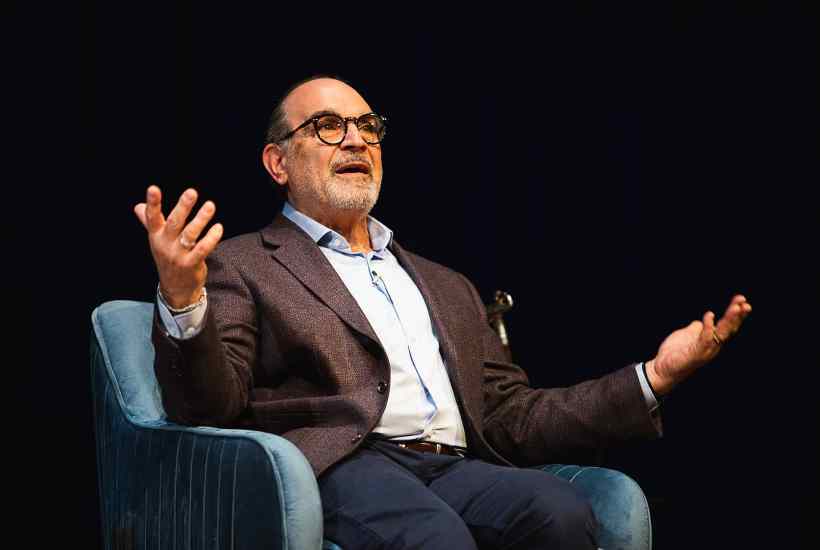
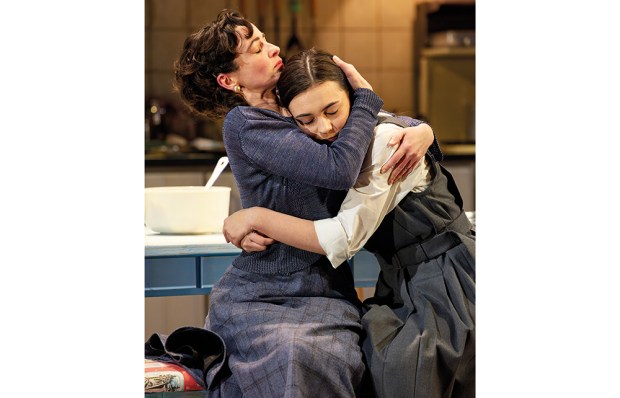

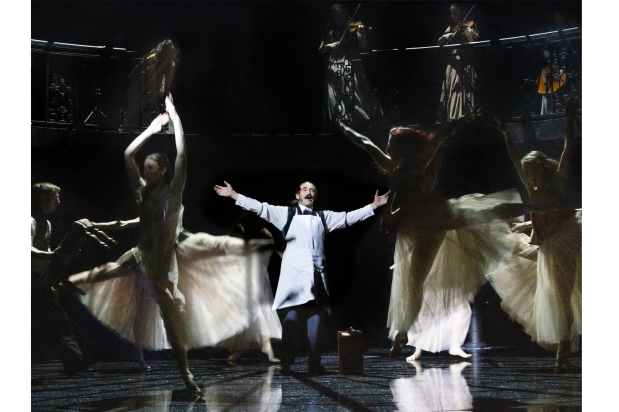
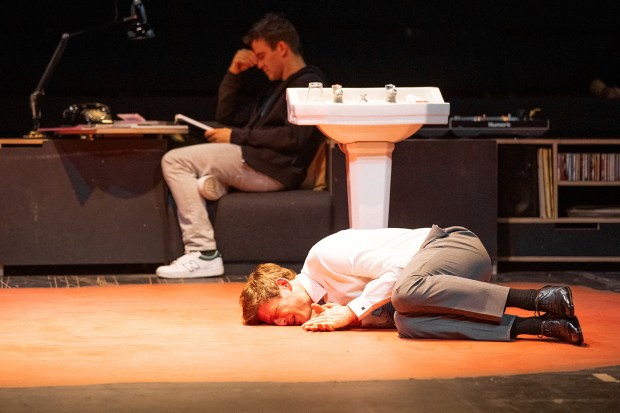
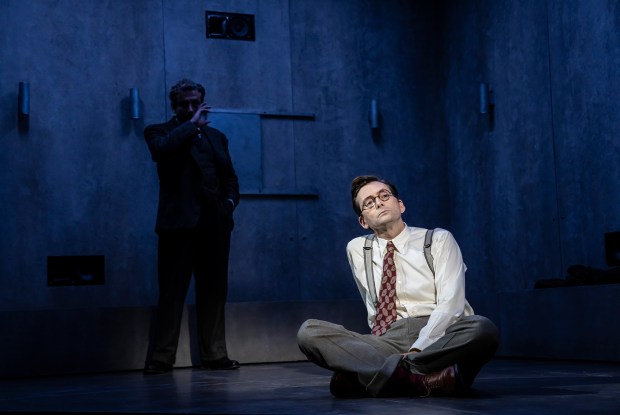







Comments
Don't miss out
Join the conversation with other Spectator Australia readers. Subscribe to leave a comment.
SUBSCRIBEAlready a subscriber? Log in